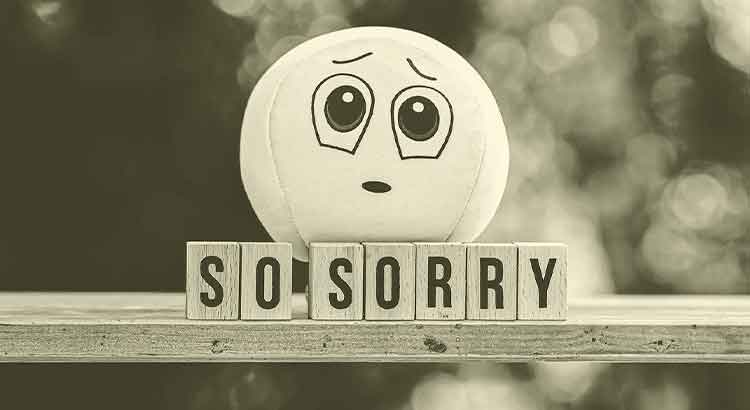What is vanity? Or rather: how does it manifest itself? The immediate impression of vanity in modern times refers to the refinement in dressing, in behaving. Is that reprehensible? I do not think so. The effects of the care in dressing, as well as those of adorning one’s own house, or cultivating a beautiful garden, are positive. The human being respects what is beautiful, he is inspired, he wants to be beautiful as well: beauty, therefore, ramifies. Therefore, I see vanity, in this nuance, as positive. However, there is in this quality a destructive manifestation associated with immodesty, pride, presumption. There is in modern man’s psyche a terrible impulse towards the affirmation of his value. A veiled will, although wild, which manifests itself in the attachment to one’s own ideas, in the need to gain respect, agreement, and whose substance is summed up in immaturity. Someone who takes himself seriously lacks a conscience. How can one look sincerely in the mirror and not laugh?…
____________
Read more:



